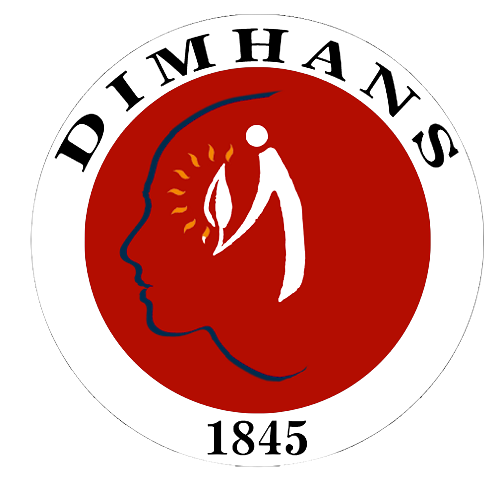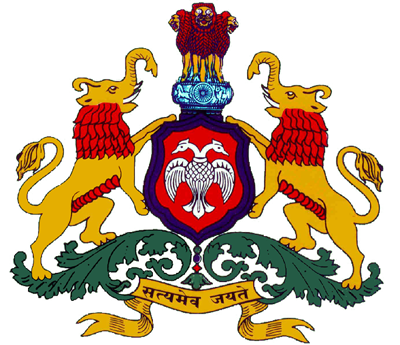The Department of Neurology is a medical specialty that focuses on the diagnosis, treatment, and management of disorders and diseases of the nervous system. This field encompasses a wide range of conditions affecting the brain, spinal cord, nerves, and muscles. Here are some common topics and content areas related to the Department of Neurology:
Neurological Disorders:
Stroke: Causes, types, and treatment options. Epilepsy: Understanding seizures, diagnosis, and management. Multiple Sclerosis: Symptoms, progression, and available therapies. Parkinson’s Disease: Explaining motor symptoms, treatments, and support. Alzheimer’s disease and Dementia: Understanding memory loss and cognitive decline.
Diagnostic Techniques:
Neurological examination: Assessing motor skills, reflexes, and sensory responses.Neuroimaging: Overview of techniques such as CT scan, MRI, and PET scan. Electrophysiology: Electroencephalography (EEG) and electromyography (EMG) tests. Lumbar puncture: Collecting cerebrospinal fluid for analysis.
Headaches and Migraines:
Differentiating between types of headaches and migraines. Triggers, management strategies, and available treatments.
Neuromuscular Disorders:
Amyotrophic Lateral Sclerosis (ALS): Understanding motor neuron diseases. Muscular Dystrophy: Overview of different types and their impact. Myasthenia Gravis: Autoimmune disorder affecting muscle weakness. Peripheral Neuropathy: Nerve damage and its effects on sensation and movement.
Movement Disorders:
Essential Tremor: Involuntary shaking and available treatment options.Dystonia: Uncontrollable muscle contractions and their management.Tourette Syndrome: Motor and vocal tics, diagnosis, and support.
Neurological Emergencies:
Traumatic Brain Injury (TBI): Understanding causes, symptoms, and immediate care. Status Epilepticus: Prolonged seizures and emergency treatment. Spinal Cord Injury: Impact on mobility and functioning, rehabilitation.
Sleep Disorders:
Insomnia: Causes, effects, and strategies for improving sleep quality. Sleep Apnea: Breathing interruptions during sleep and treatment options. Narcolepsy: Excessive daytime sleepiness and sudden sleep attacks.
Neurorehabilitation:
Stroke rehabilitation: Physical and occupational therapy techniques. Cognitive rehabilitation: Strategies for improving memory, attention, and problem-solving. Physical therapy for movement disorders: Enhancing motor function and mobility.
Neurology and Psychiatry Interface:
Neuropsychiatry: Overlapping symptoms and disorders between neurology and psychiatry. Neurological conditions with psychiatric manifestations. Collaborative care approaches between neurology and psychiatry.

















